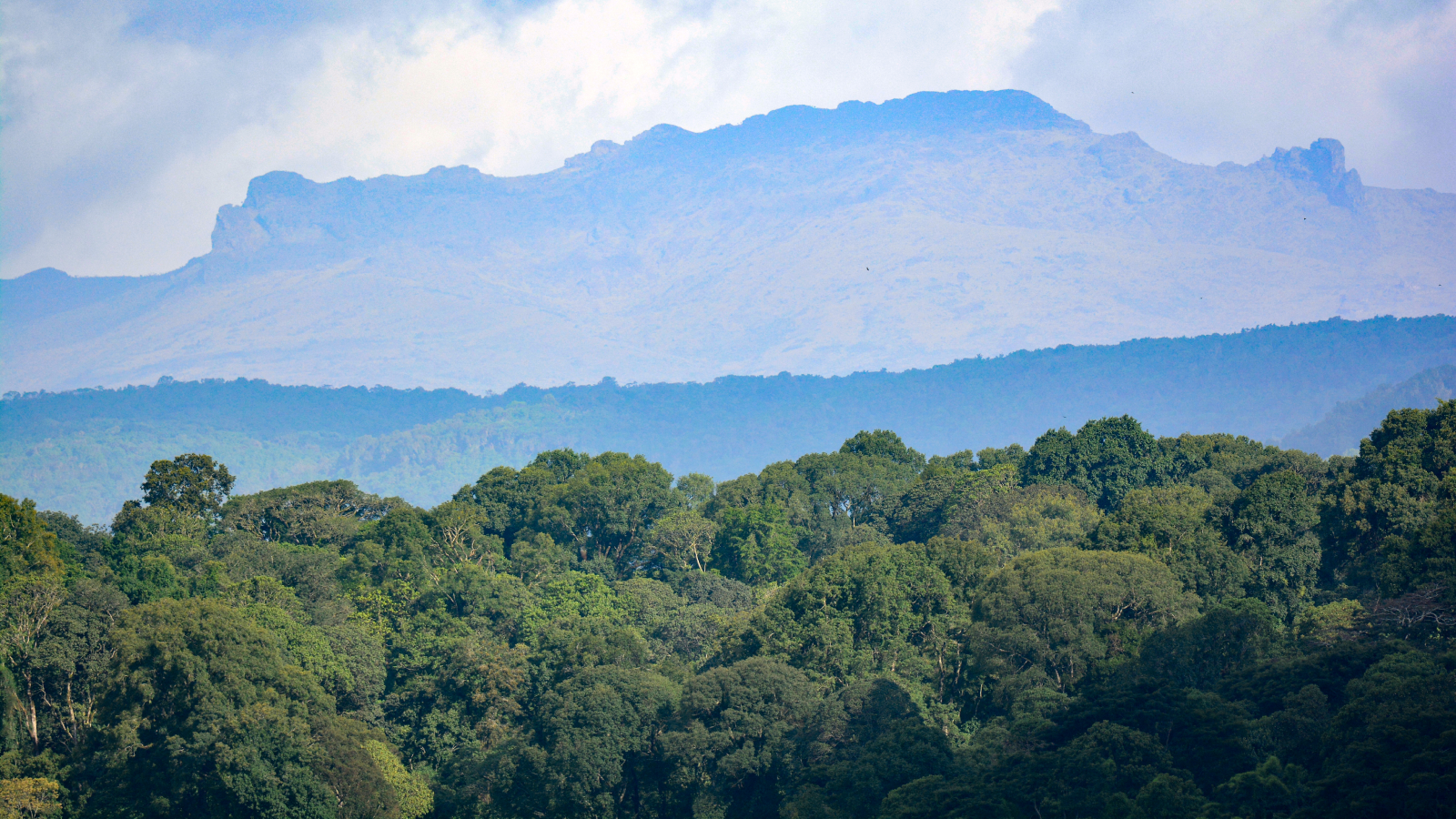Photosynthesis
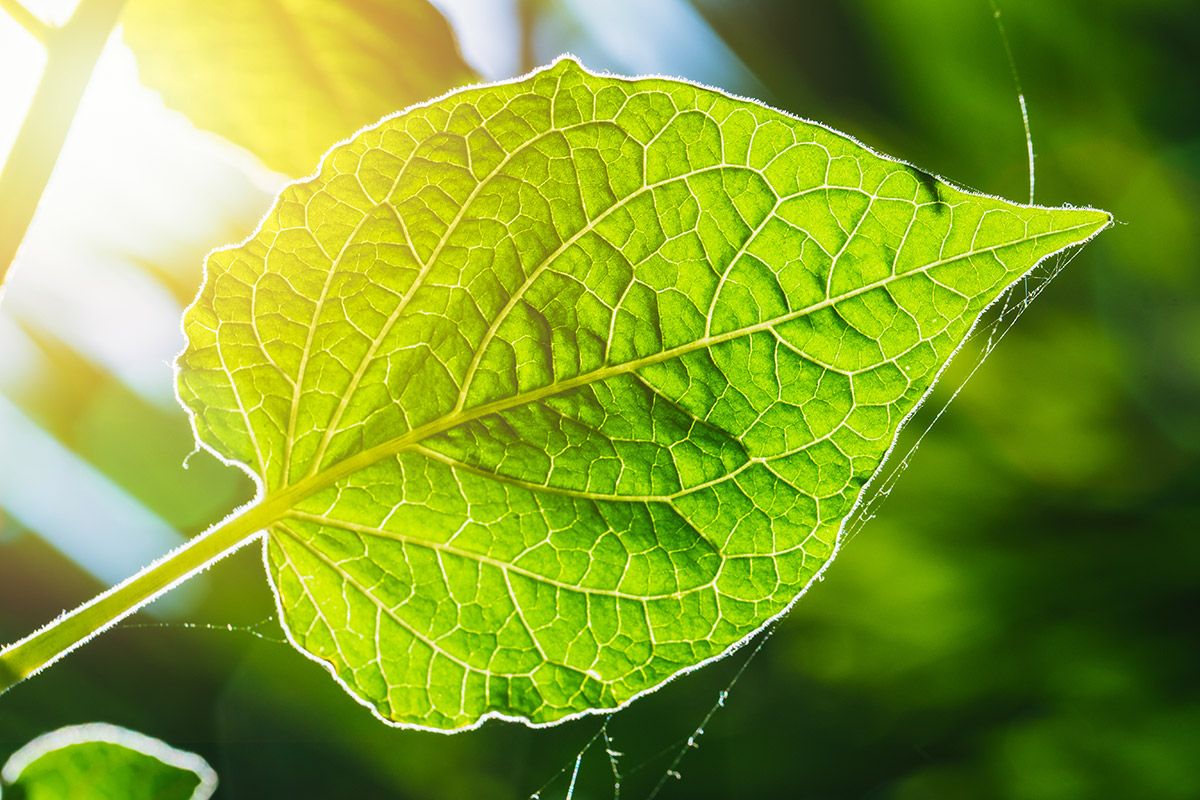
Photosynthesis allows plants, algae and certain bacteria to turn sunlight into chemical energy. The amazing feat is achieved because sunlight can fuel a reaction between water and carbon dioxide that, in turn, produces carbohydrates (simple sugars) and oxygen. Here is the latest news on photosynthesis, including the oldest evidence of it on Earth and how blocking photosynthesis on a large scale can affect food chains.
Latest about photosynthesis
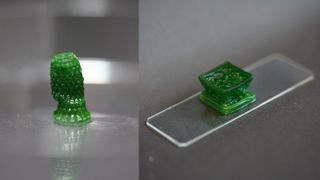
Scientists invent photosynthetic 'living' material that sucks CO2 out of the atmosphere
By Sascha Pare published
Scientists have developed a material with photosynthetic bacteria that convert carbon dioxide into a mineral skeleton. The material hardens over time, so it could be used for buildings, they say.
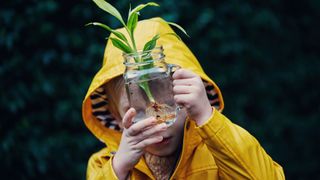
Plants: Facts about our oxygen providers
By Jess Thomson published
Discover interesting facts about why plants are green, if they feel pain, and if they get cancer.
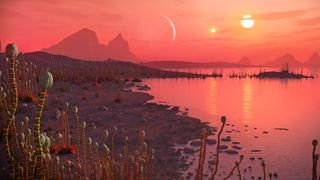
'Perhaps it's only a matter of time': Intelligent life may be much more likely than first thought, new model suggests
By Ben Turner published
For decades, scientists assumed that life on Earth emerged through a chain of highly improbable flukes. But a new theory suggests it may have instead arrived just in time.
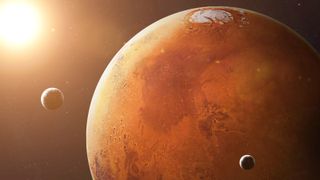
Tiny photosynthetic aliens could be lurking in hidden bubbles in Mars' ice — and could soon be replicated on Earth
By Harry Baker published
A new NASA-led study suggests that photosynthetic microbes could thrive in hidden bubbles of meltwater below patches of ice on Mars. This could be one of the easiest places to search for extraterrestrial life "anywhere in the universe," the team says.
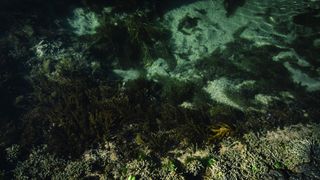
Deep below the Arctic Ocean, some plants have adapted to photosynthesize in almost near darkness
By Sven Batke published
Plants found to photosynthesize 160 feet beneath the surface of the Arctic Ocean offer tantalizing prospects for the future.
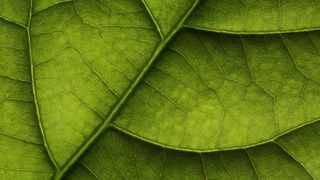
What is photosynthesis?
By Daisy Dobrijevic last updated
Reference Photosynthesis is the process plants, algae and some bacteria use to turn sunlight, carbon dioxide and water into sugar and oxygen.
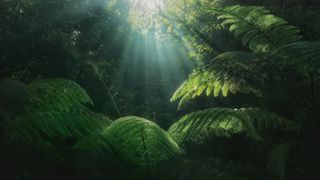
Fossils locked away for 1.75 billion years hold clues about key moment in Earth's history
By Jacklin Kwan published
Fossils from Australia provide the first direct evidence that photosynthesis was happening at least 1.75 billion years ago.
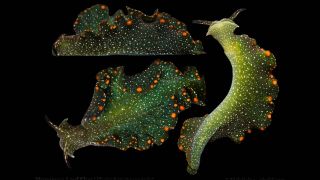
Mangrove leaf slug: The solar-powered mollusk that gobbles up sunlight then goes months without eating
By Sascha Pare published
This frilly slug lives in the mangroves of southeastern Asia and Australia, lounging in shallow pools of water and scraping up algae from which it gains the ability to photosynthesize.
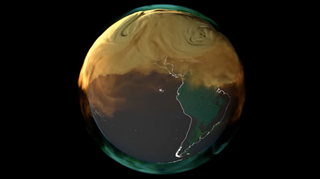
Watch the world choke on CO2 in eerie NASA videos of manmade emissions
By Sascha Pare published
The animations highlight emissions from different human and natural sources, with the main contribution coming from the burning of fossil fuels.
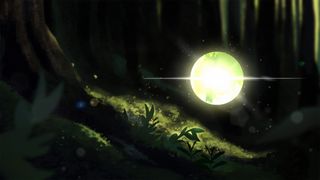
Scientists have finally discovered how photosynthesis starts — by setting it off with a single photon
By Joanna Thompson published
For the first time, researchers have observed how just one particle of light can trigger photosynthesis in bacteria — finally revealing the first step of the crucial process.
Get the world’s most fascinating discoveries delivered straight to your inbox.


